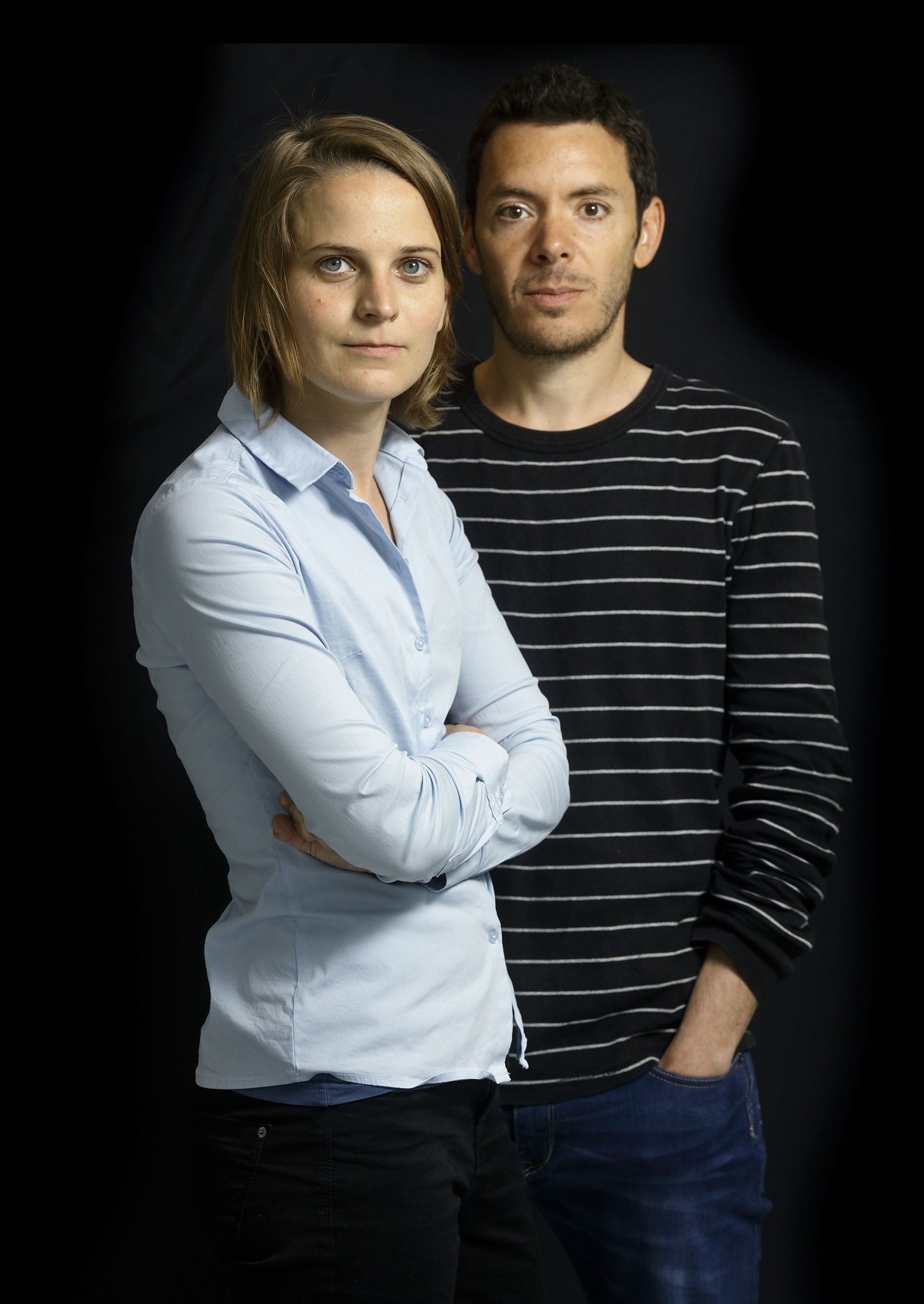With this fourth installment, Delta continues a short series looking at the personal experiences of PhD candidates at different stages of the process and their supervisors.
Pauline van Nies
PhD candidate in biophysics, Faculty of Applied Sciences
Growing up in Zoetermeer, PhD candidate Pauline van Nies wanted to study applied physics so TU Delft was an easy choice. After her master’s she joined the Christophe Danelon Lab to research a “bottom up” synthetic biology approach to create a minimal cell. The idea, she explained, is that by trying to engineer a most simplified form of life we can understand essential processes of living cells better. Now in her fourth year she expects to defend soon.
Van Nies didn’t have many expectations starting a PhD. She thought it would be a smooth transition, but it wasn’t at all. New responsibilities like supervising students, teaching and having more freedom to do research completely changed things. “I must say that my first year of the PhD was challenging,” she said. “The problem was I took on too many projects, but we both learned that you can’t do everything that is interesting.”
She noted there are many learning processes during a PhD, not just scientific achievements, but personal lessons. “I think it’s very important to enjoy your PhD and find a good work/life balance,” she said. “Communicate with your peers about work, life and sports because this sparks your daily life.”
Looking back, Van Nies said she would have taken more time to define projects early on. And she would have tried to collaborate more with people, stating that sometimes doing a PhD can be a bit lonely. What she appreciates most is that Christophe understands, he listens and he is open. “We don’t always agree,” she said, “but we are always respectful.”
Dr. Christophe Danelon
Associate Professor, Bionanoscience, Kavli Institute of Nanoscience
Work is always on his mind, even during weekends and holidays admitted Dr. Christophe Danelon. “The workload can be seen as a lot,” he said, “but we have the luxury of doing something we enjoy.” The French native currently supervises five PhDs all at different phases, as well as two postdocs and three part-time technicians.
“My approach to science is I want to be a scientist,” he said. “Leading a research group comes along with non-scientific tasks such as management and administrative responsibilities. Though necessary they can distract me from my passion, science.” Danelon said finding a good balance with the number of people to supervise and your workload is important. It’s a learning process and you don’t know it until you experience it, but if you have good, competent students he said it makes a difference.
Danelon noted that students, who are initially dependent, need help with shaping their project and learning the many components of a PhD; design, writing, defining a problem. “Good results start with a good understanding of the problem,” he said. “You can be a genius but if you’re not working in the right direction it is not fruitful.” Then, he said, at some point the PhD student is expected to become better at their project than the supervisor.
“This job is intellectually stimulating,” said Danelon. “I enjoy being challenged with science. That is what I like the most; that together we push forward the frontier of knowledge and that together we become more complete persons.”



Comments are closed.